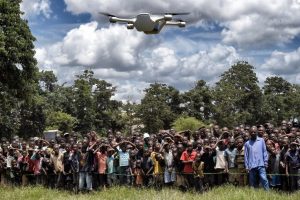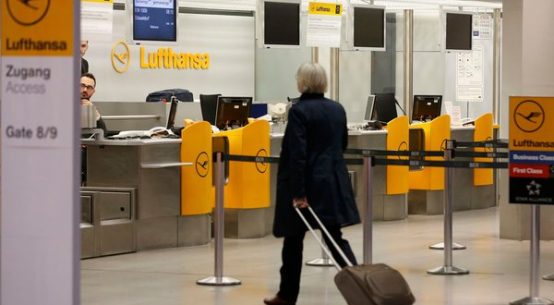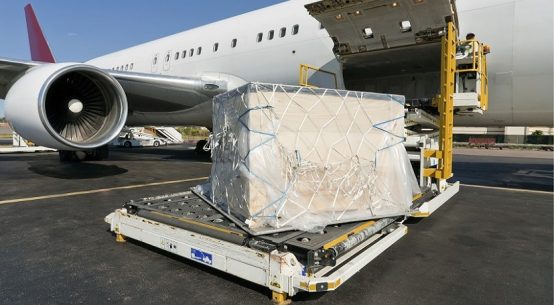
Malawi has launched Africa’s first air corridor to test the use of drones, or Unmanned Aerial Vehicles, in humanitarian missions in partnership with the UN children’s agency, Unicef.
Kasungu Aerodrome, in central Malawi, will be used as a test site for aerial scouting in crisis situations, delivering supplies and using drones to boost internet connectivity. The project will run until 2018. Universities and other partners will also have access to the site. Rwanda also launched a commercial drone delivery service last year to deliver medical supplies.
The project, in partnership with US company Zipline, has cut delivery of medical supplies to minutes instead of hours. Unicef says it is working globally with a number of governments and private sector partners to explore how drones can be used in humanitarian and development missions. The UAVs will have a range of 40km (24 miles).
 Unicef says its projects adhere to a strict set of innovation principles and it is committed to sharing its knowledge with the fledging drone community.
Unicef says its projects adhere to a strict set of innovation principles and it is committed to sharing its knowledge with the fledging drone community.
It says that the project was launched after a successful test flight last year to deliver dried blood for early infant diagnosis of HIV in hospitals in Malawi. The organisation also used camera-equipped drones to assess the needs of people cut off during a flood.
Unicef’s Malawi Representative Johannes Wedenig said that poor infrastructure in the country made UAVs relevant and cost-effective:
“With UAVs we can easily fly over the affected area and see clearly what the impact has been on the ground. This is cheaper and better resolution than satellite images.”
About the air corridor:
Malawi’s Department of Civil Aviation has given permission and specifications for operating delivery drones in the air corridor. They include:
• Maximum distance of 80km (50 miles)
• Altitude limit at 400 metres above ground
• The corridor will run for 1-2 years.
For drone enthusiasts and campaigners, this development is another important step in the right direction.
After years of opposing the commercial and civilian use of drones, African governments are slowly allowing the integration of UAVs in the airspace. The Malawi air corridor project is a close copy of an idea proposed to the Kenyan government by a Swiss polytechnic about four years ago to operate a drone delivery service called Flying Donkey.
The plan was to operate fixed-wing drones, carrying a payload of up to 20 kg (44lbs), in sparsely populated and infrastructure poor northern Kenya to supplement the postal services. The project did not take off because the authorities saw it as a threat to security.
While there are legitimate concerns about privacy and safety, the absence of progressive drone laws to regulate the industry means African countries have been missing out on the multi-billion dollar industry.
Malawi now joins Rwanda, South Africa and Mauritius on the list of countries leading cutting-edge research on drone use to address real-life challenges.










